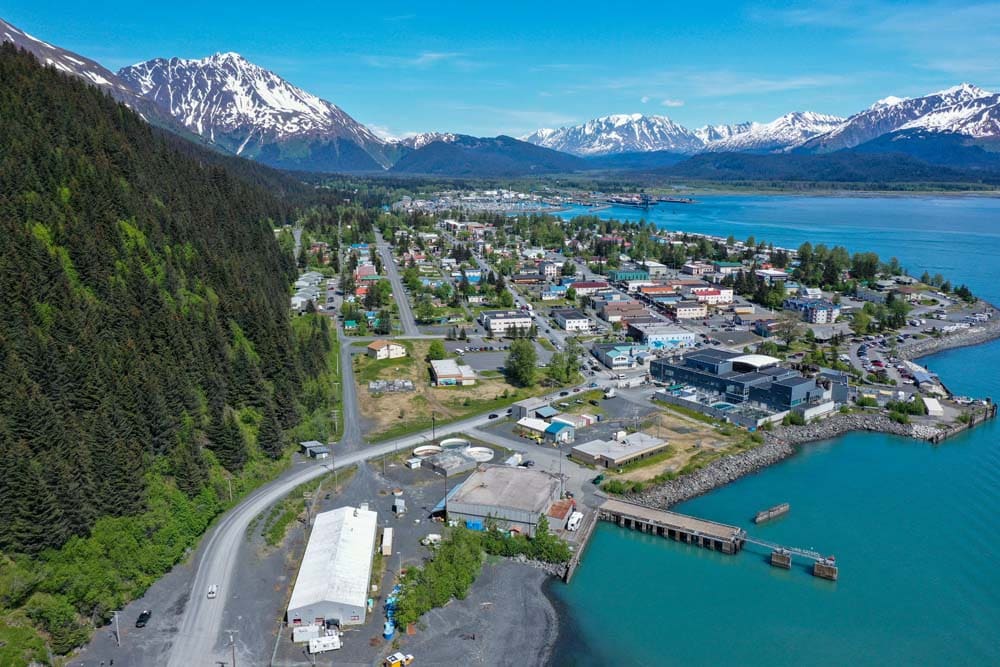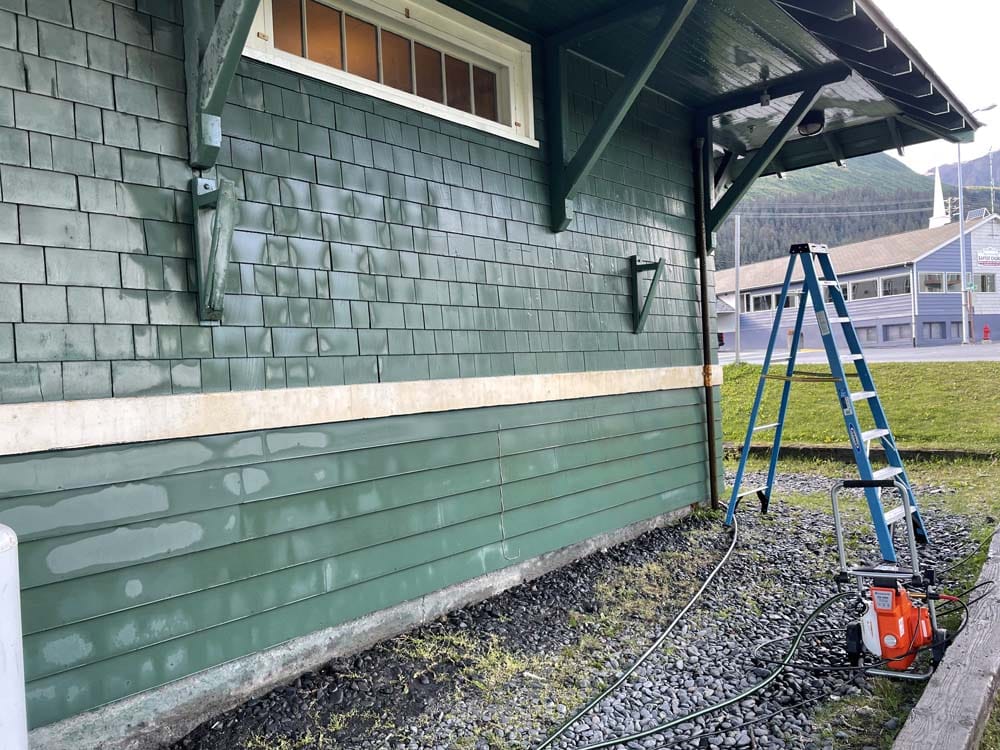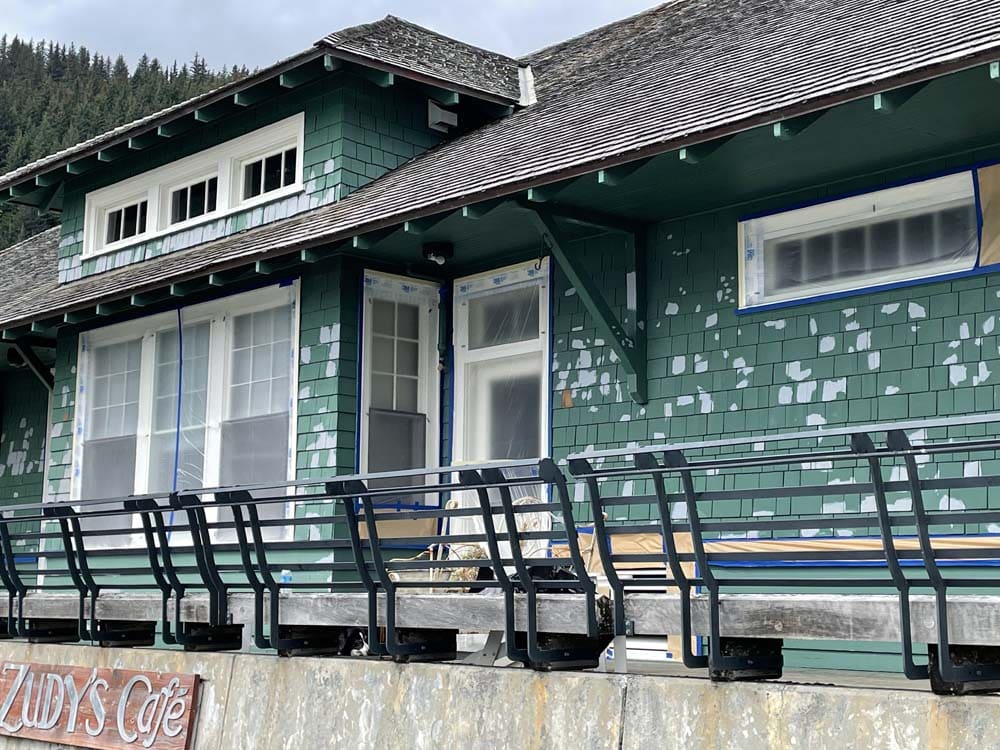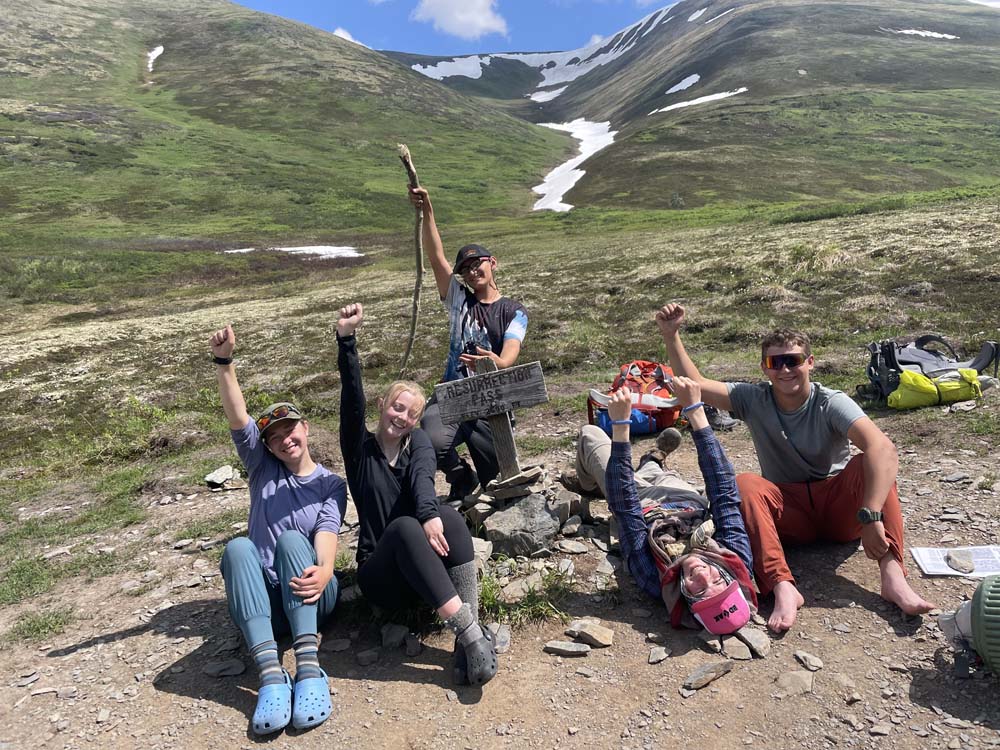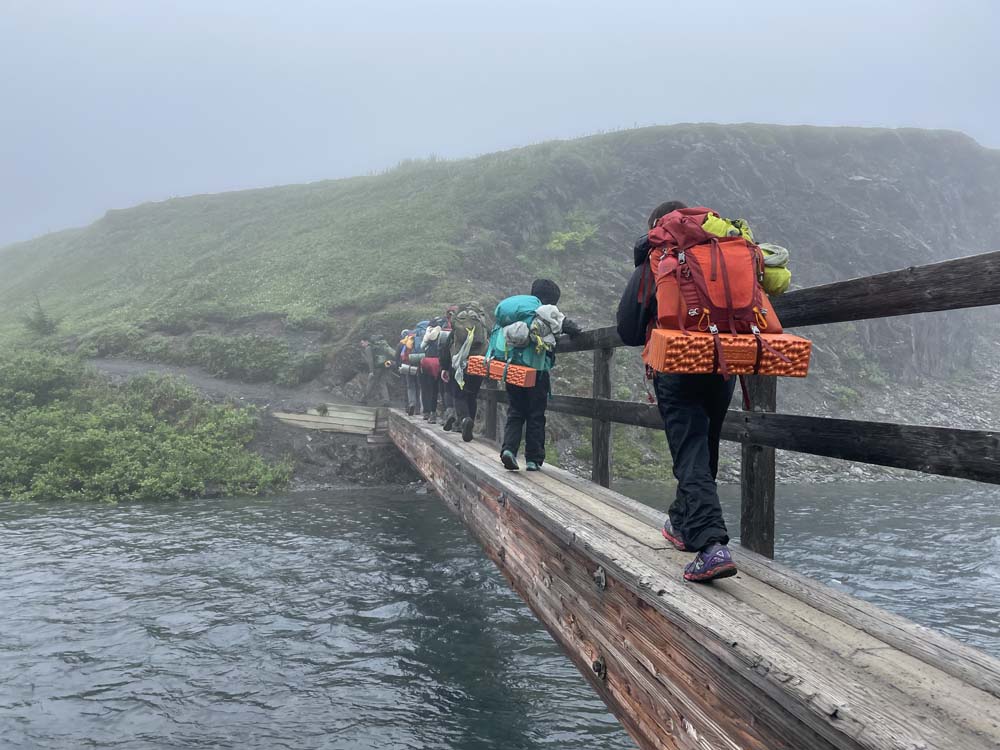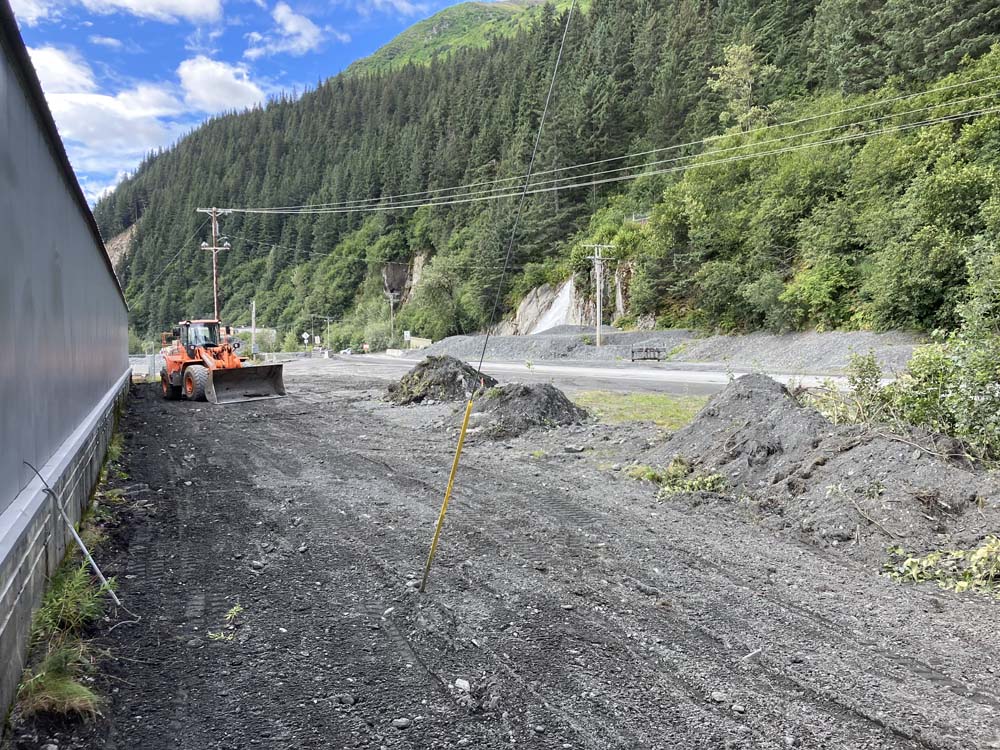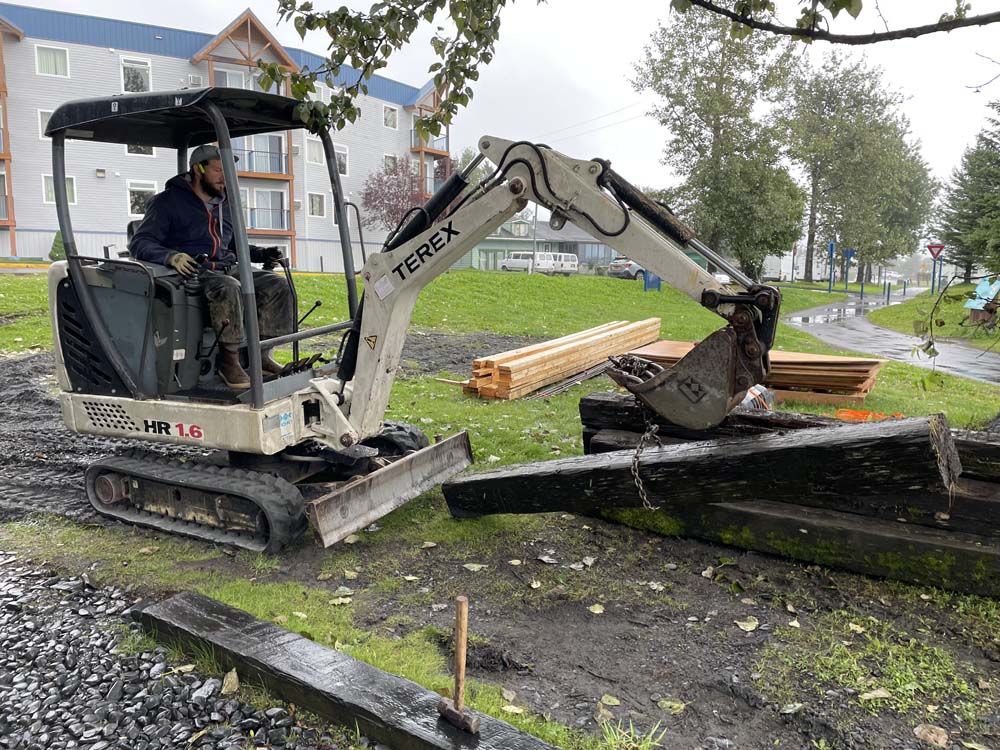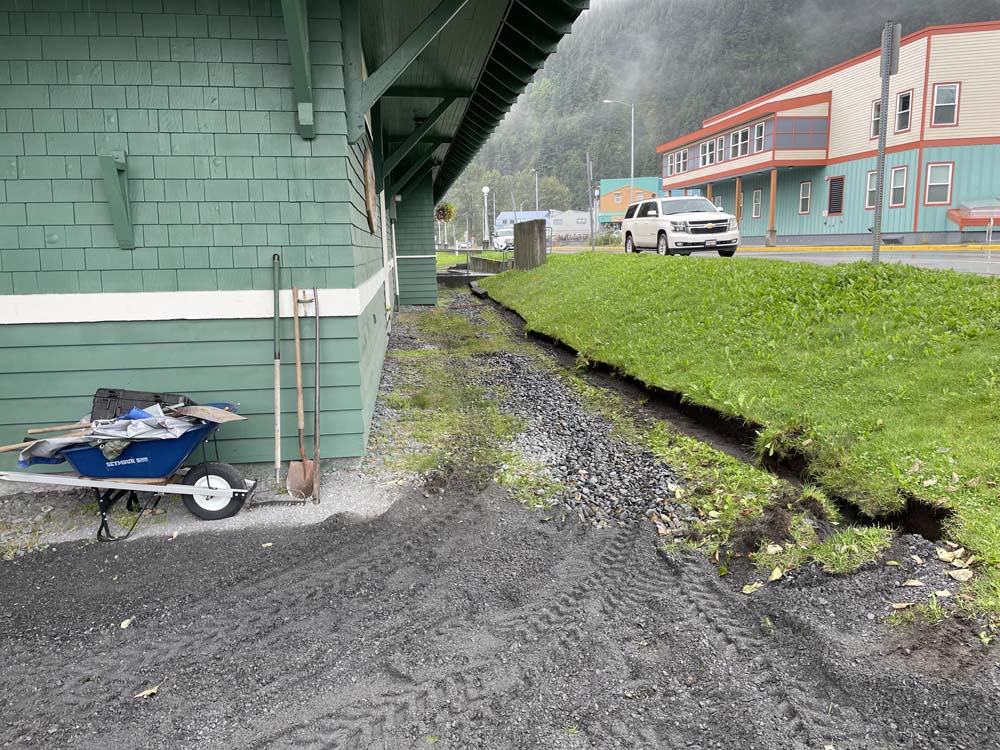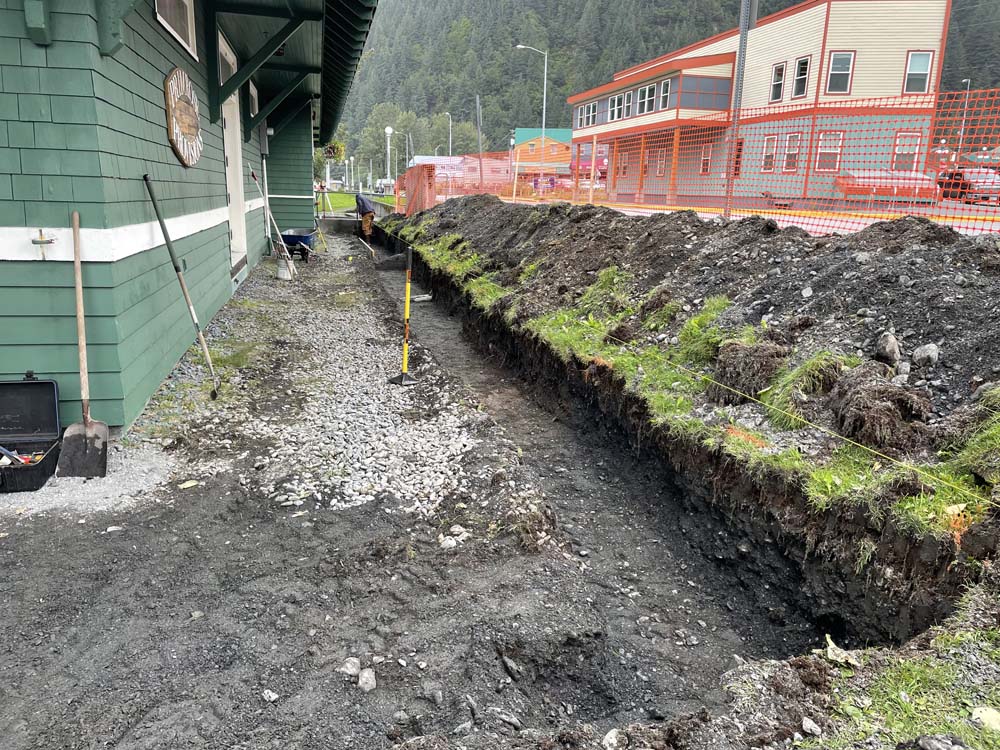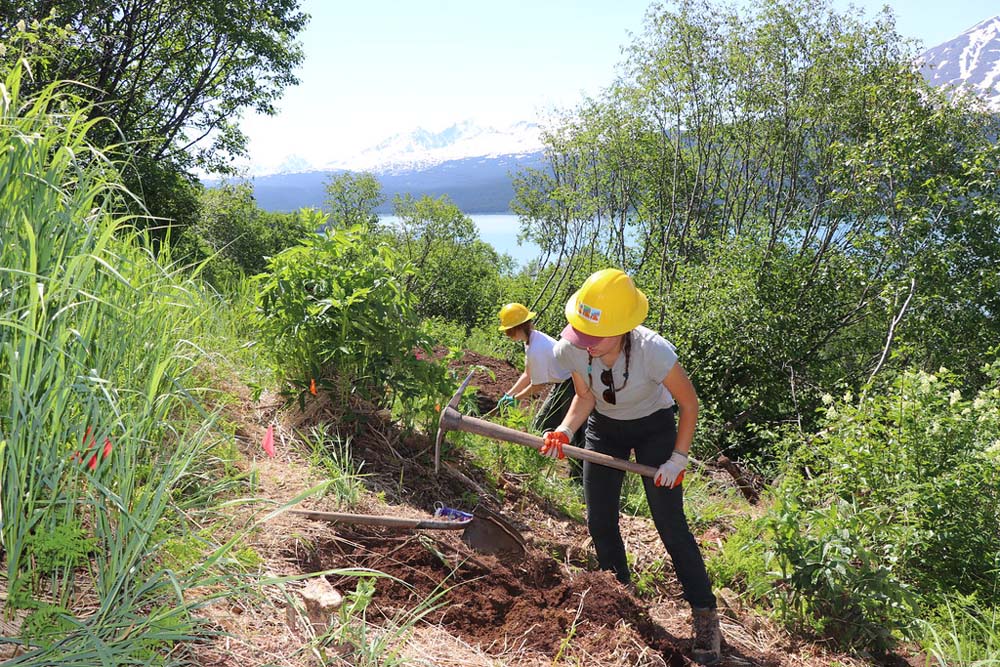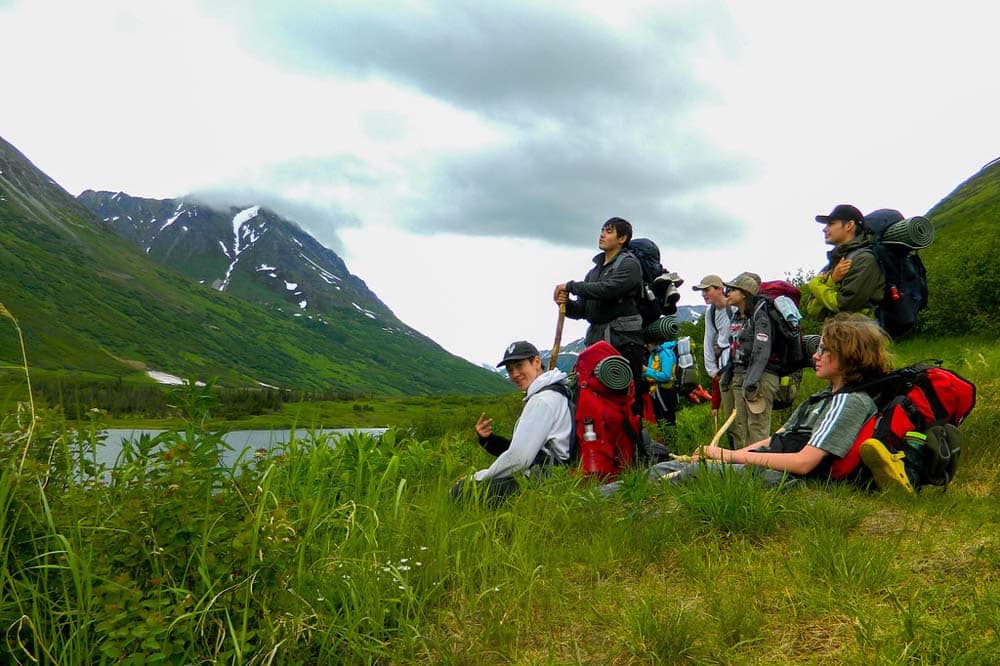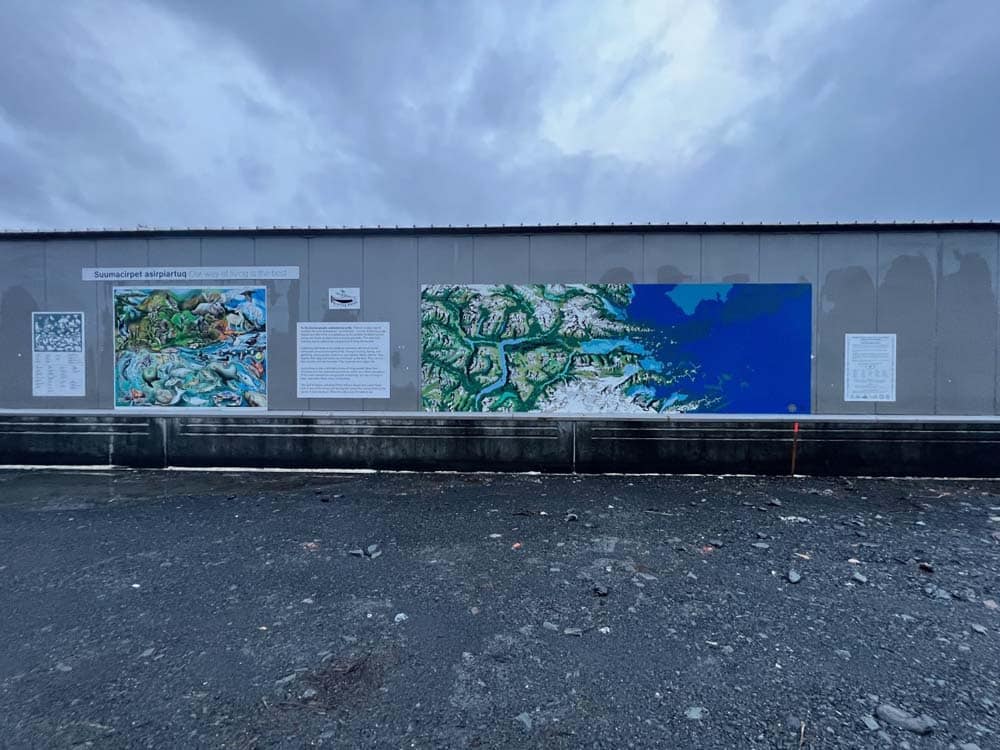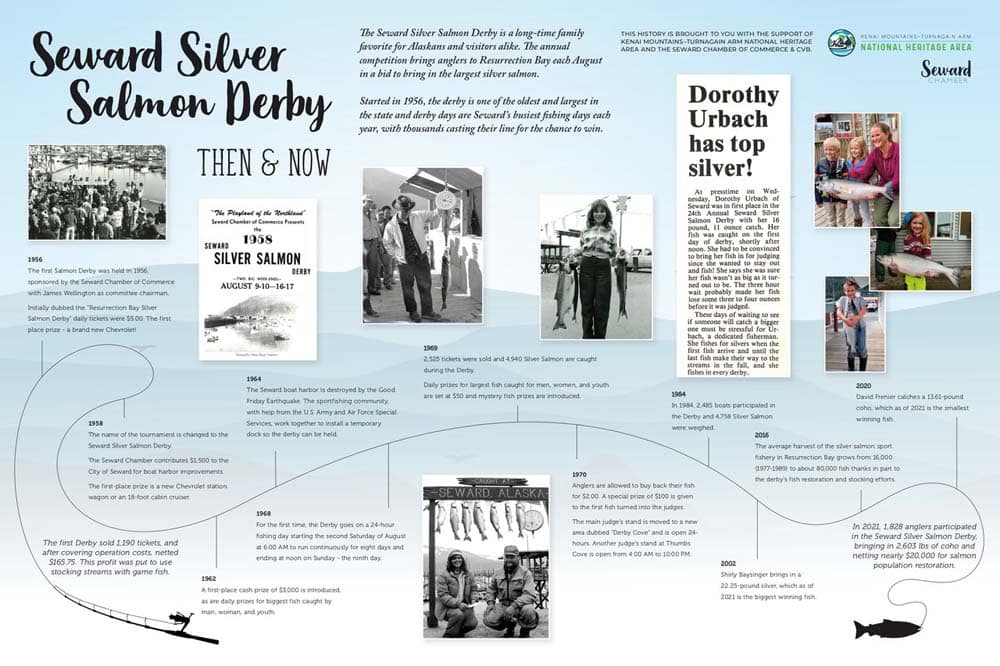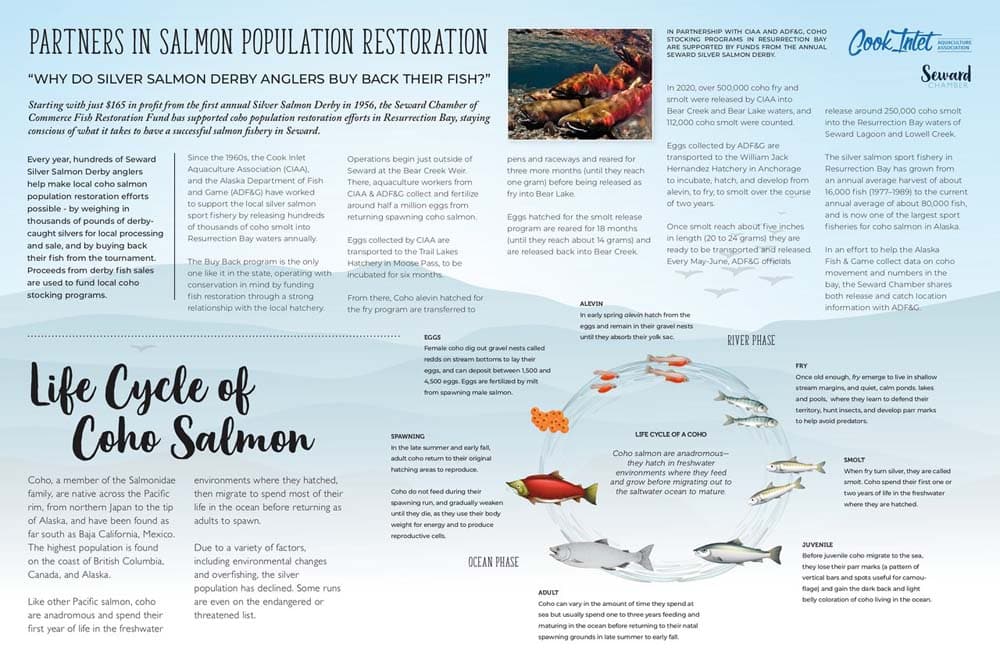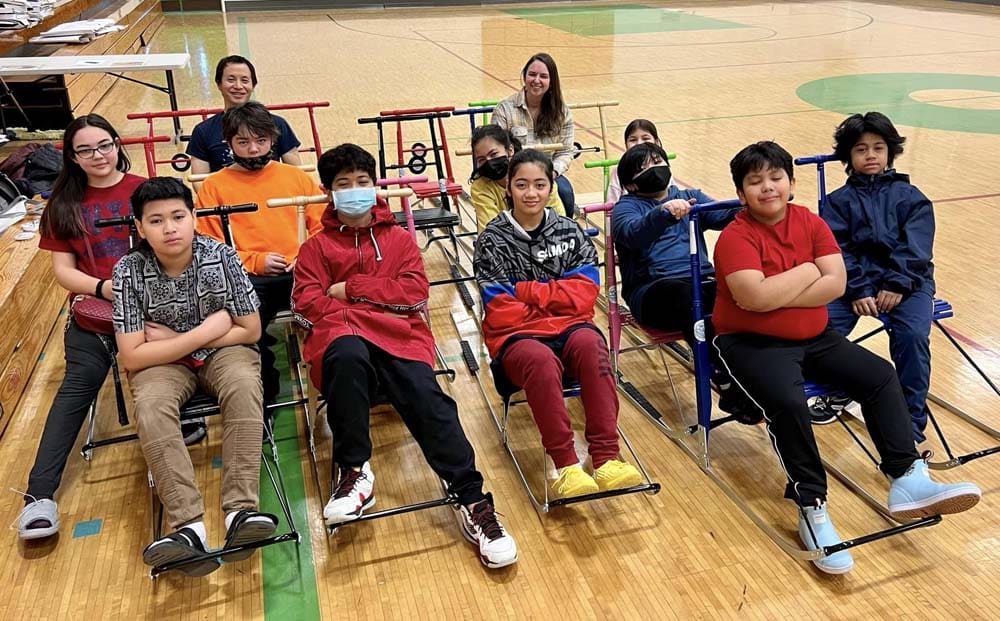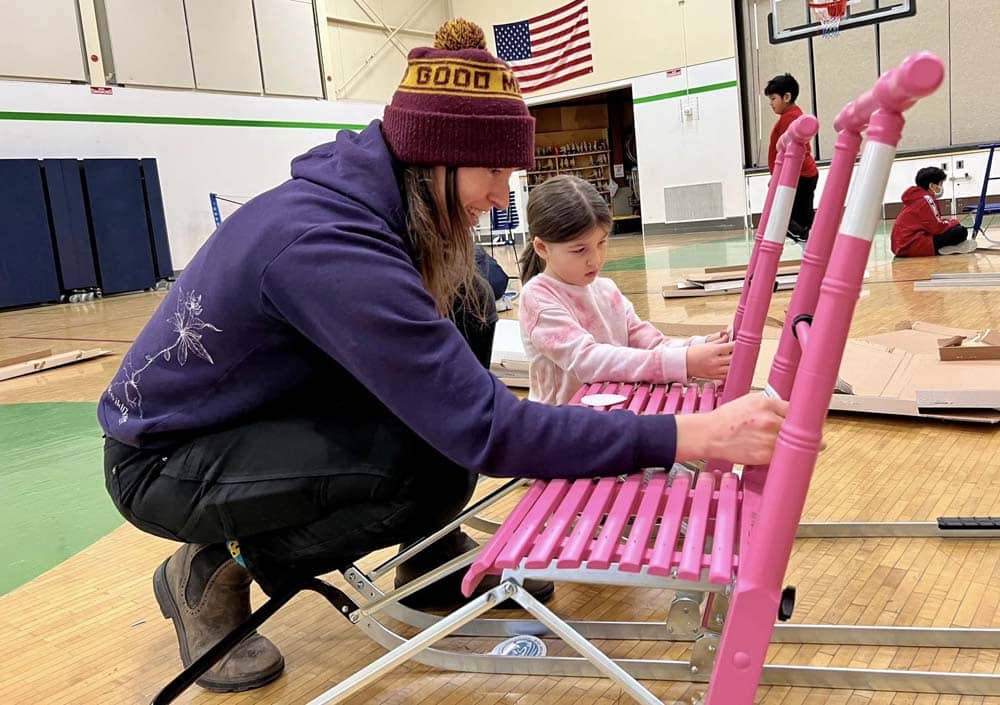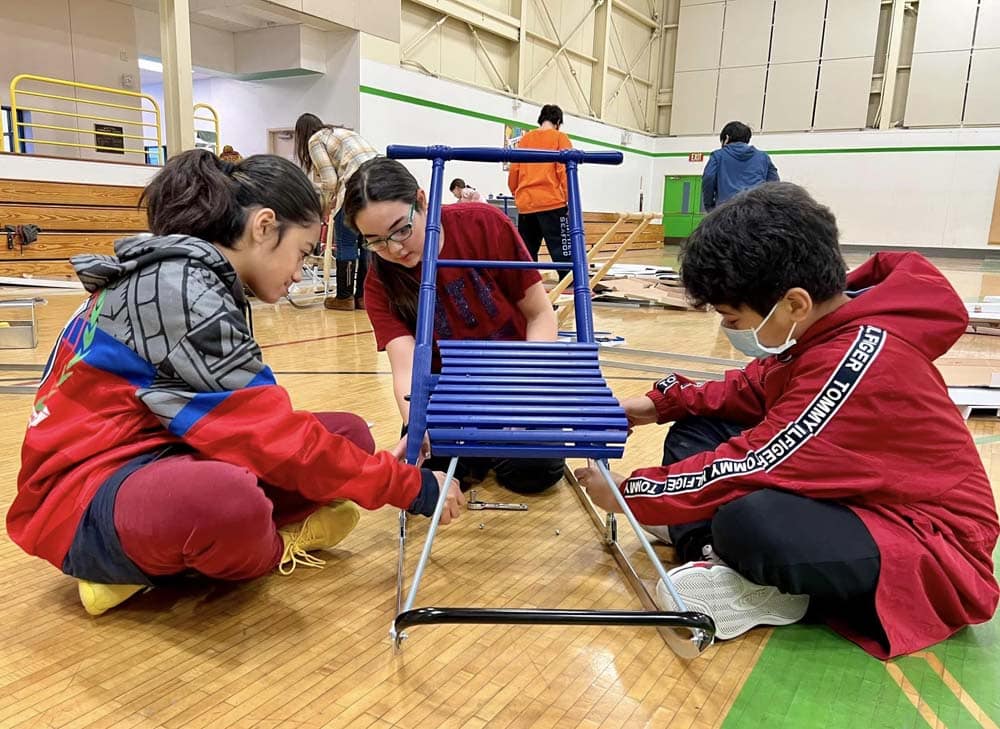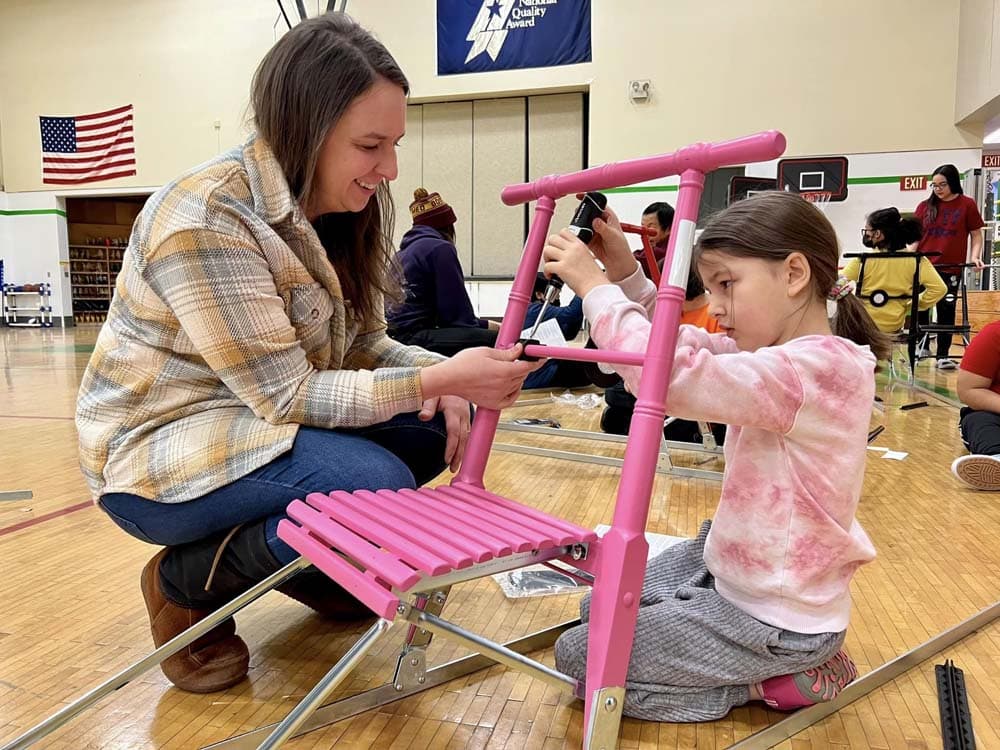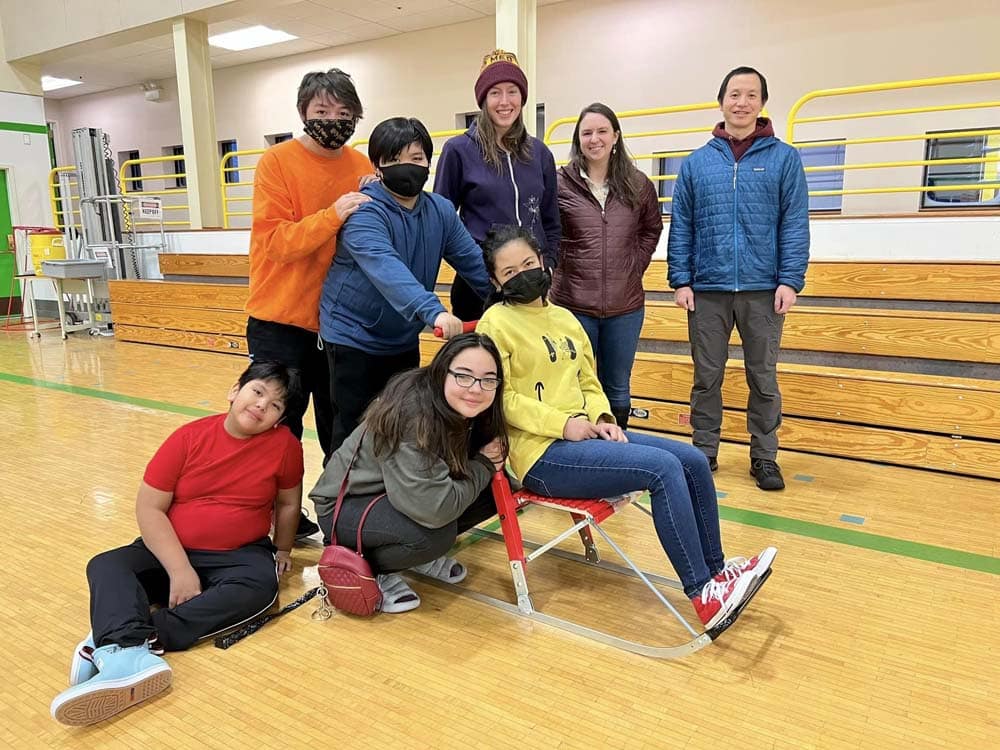KMTA’s grants program operates on a reimbursement basis. This means that when you are awarded a grant, the money is committed for your project but will not be released to you until your project is complete. Only fully documented and approved expenses will be reimbursed. Grant recipients can submit for full reimbursement once the project is completed, or partial reimbursement on a quarterly basis throughout the duration of the project. At the project’s conclusion, grant awards will be paid upon receipt of a final impact report, expense report worksheet, and supporting documentation.
Step 1: Use the table below to determine what forms need to be completed and submitted for your specific grant type.
Step 2: Download and complete all required reporting materials.
- Project Impact Report: Tell us about what you accomplished with KMTA funds
- Project Expense Report: Detailed documentation of expenses you wish to be reimbursed for, and items that will be used for your required match. Note: there are 3 tabs to complete in this report: Expense Report, Volunteer Log, and In-Kind Contribution Form
Step 3: To submit a Reimbursement Request, email all reporting materials (Project Impact Report and Expense Report) and all supporting documentation (e.g. receipts, invoices) to KMTA Development Manager Jessa West at jessawest@kmtacorridor.org
SUPPORTING DOCUMENTATION & EXPENSE REPORT
Each item on your expense report, including match, requires documentation to back up where your costs are coming from. (e.g., itemized receipts, invoices, pay stubs, timesheets). Every activity and purchase must be its own line item in the expense report and have a corresponding receipt (or the equivalent). Include all supporting documentation in your reimbursement request.
ALLOWABLE COSTS
Grant funds may be used to cover project costs that are necessary and reasonable for the accomplishment of project objectives. Such costs may include, but are not limited to, contracted professional services, materials, equipment rental or repair, supplies, travel, and paid employee time directly to project. An indirect cost rate of 10% de minimus applies for overhead operating expenses, unless the grantee or sponsoring organization has an alternative pre-approved federal indirect rate.
UNALLOWABLE COSTS
• General operating expenses and staff salaries outside of the pre-approved federal in-direct cost rate and project scope.
• Fundraising costs or lobbying costs.
• Catering, food and beverage, entertainment costs unless directly tied to the project activity and preapproved.
• Expenses incurred prior to the award date.
• Any expenses outside the specific Scope of Work defined in the grant agreement.
• Acquisition or any interest in real property.
• Any expenses deemed unallowable per Uniform Administrative Requirements Part 2 CFR 200 Subpart E
MATCH
All grants with KMTA require a 1:1 match in non-federal funds or in-kind contributions. This can include, but is not limited to, cash donations, volunteer time, or donated goods and services.
When calculating the value of volunteer time, please refer to the standardized rate for Alaska as defined by Independent Sector. You may also use a professional rate (e.g., the rate a plumber charges for plumbing services, a lawyer charges for providing legal services) so long as it is proved in writing. When calculating the value of another in-kind contribution (e.g., a shovel lent by a community member to help dig a hole, trash bags donated to help with cleanup), please reference the market value or normal usage fee of the product and provide proof of such.
INDIRECT RATE
An indirect cost rate of 10% de minimus applies to each grant to cover overhead operating expenses. The term “de minimis” characterizes something that may be too small or insignificant to be of significance. These can include: office space rental, any associated utilities, and clerical and managerial staff salaries.
If a grantee or sponsoring organization has an alternative pre-approved federal indirect rate, that rate may be used in lieu of the 10% de minimus.
CONTACT
For more information about the KMTA Grant Programs, please contact:
JESSA WEST
JESSAWEST@KMTACORRIDOR.ORG
